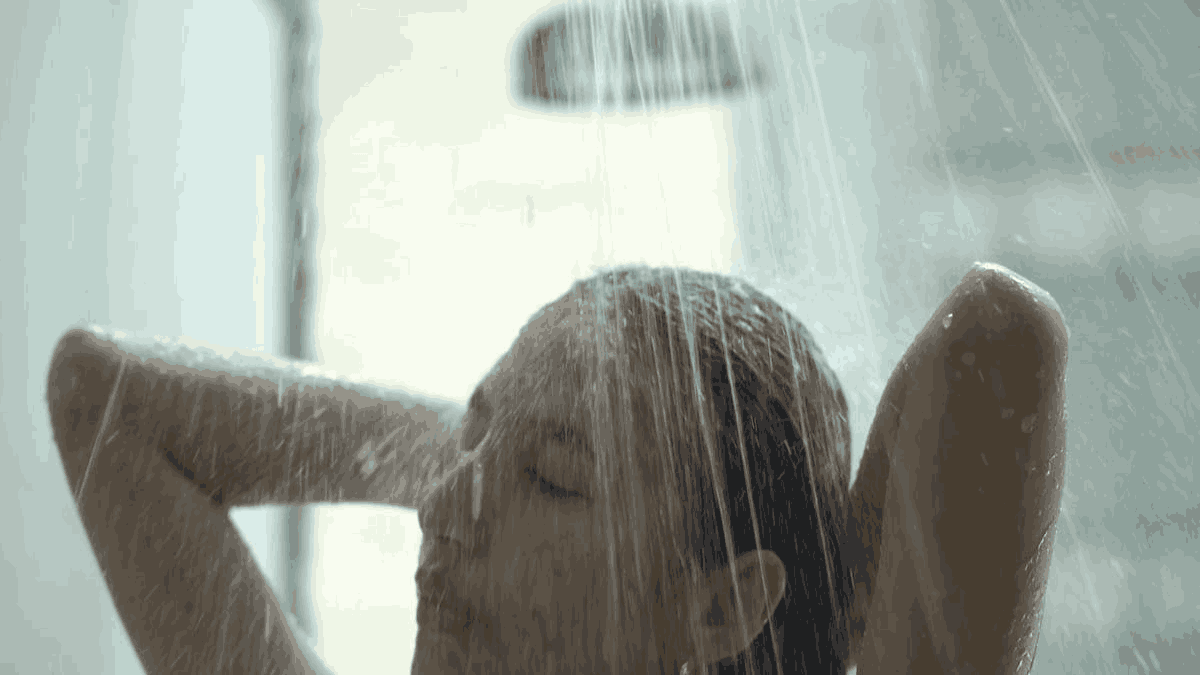Bathing in winter is often akin to a battle against the cold, with the mere thought of cold water sending shivers down the spine. To combat this, many resort to hot water, but caution is warranted, as excessive use may lead to unforeseen health issues.
Skin Woes with Hot Water: Experts Weigh In
Health experts caution that prolonged exposure to hot water during winter can have adverse effects on both the body and mind. The intense heat damages keratin skin cells, giving rise to problems like itching, dryness, and rashes. The solution? Opting for a gentler approach with lukewarm water during winter baths.
Read More: Immune Cells That Form Lungs May Help Treat Respiratory Diseases
Energy Drain: The Aftermath of Hot Water Baths
Bathing with very hot water in winter may induce lethargy in the body. The body enters a relaxed state after exposure to hot water, potentially leading to drowsiness and impacting energy levels throughout the day. This unexpected energy drain could leave individuals feeling sluggish.
Hair Havoc: The Toll of Hot Water on Your Locks
Hot water doesn’t spare your hair either. It can strip away moisture, leaving your locks dry and lifeless. The heat diminishes the natural oils in the hair, contributing to potential long-term damage. Protecting your hair from excessive heat becomes crucial for maintaining its health.
Read More: Know What Does Your Finger’s Length Reflet About Your Personality
The Clothing Conundrum: Overdressing Pitfalls
While staying warm is essential during winter, experts advise against overdressing. Wearing too many layers can lead to overheating, disrupting the body’s natural immune response. Maintaining a balance between warmth and allowing the body’s defense mechanisms to function optimally is crucial in the winter months.
In conclusion, while winter baths are a necessity, it’s crucial to approach them with care, opting for moderate temperatures to avoid potential health pitfalls.













